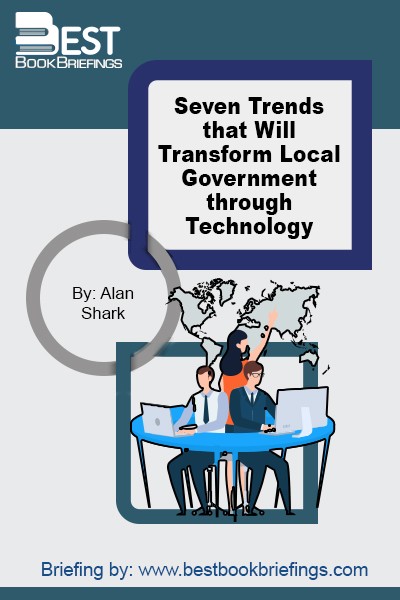Seven Trends that Will Transform Local Government through Technology
Number of pages: 172
Publisher: Public Technology Institute
BBB Library: Technology and Globalization, Politics and Public Affairs
ISBN: 9781470046026
Editorial Review
This book lays out an impressive, well-articulated set of trends that have affected or will soon affect local governments throughout the nation through technology. Amazingly, as Dr. Shark points out, all of this massive change has occurred within the past 12 years. While technology trends continue to play out in the local government realm, public managers, mainly city and county managers and assistant city and county managers, have experienced quite a number of challenges in navigating the brave new world. Dr. Shark chose local governments as the primary focus because their jurisdictions are where most innovation and experimentation takes place. Despite its focus, this book should be especially helpful to state governments, and perhaps federal agencies, trying to better understand the challenges local governments face. The Seven Trends that will Transform Local Government through Technology is a must-read for all public managers who are seeking answers about how all the pieces fit together and, as importantly, why. No other book on this subject lays it out as convincingly as this one.
Book Reviews
Books on Related Topics
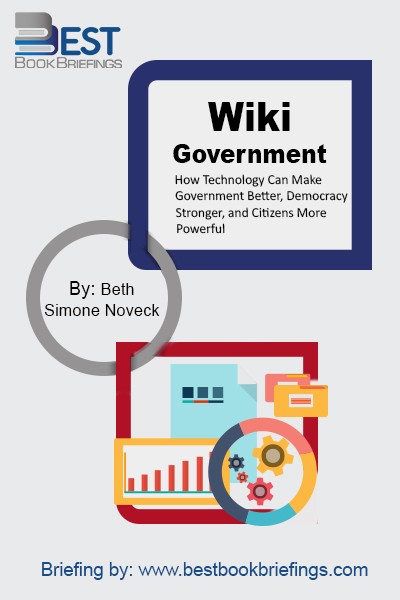
Collaborative democracy—government with the people—is a new vision of governance in the digital age. Wiki Government explains how to translate the vision into reality. Beth Simone Noveck draws on her experience in creating Peer-to-Patent, the federal government's first social networking initiative, to show how technology can connect the expertise of the many
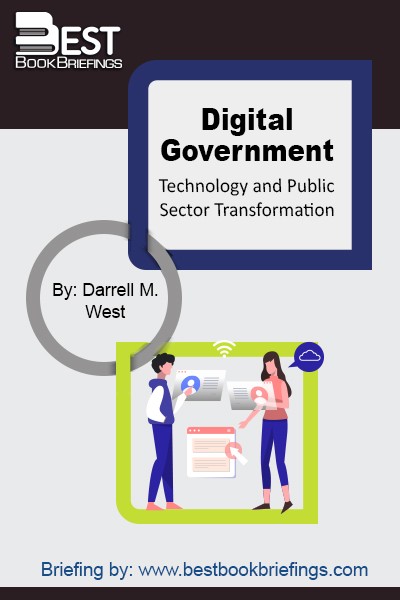
This book looks at the phenomenon of electronic government, that is, public sector use of the internet and other digital devices to deliver services, information, and democracy itself. Although personal computers have been around for several decades, recent advances in networking, video imaging, and graphics interfacing have allowed governments to develop
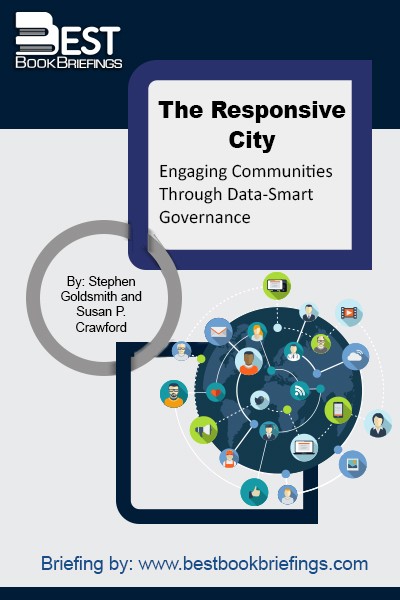
There is no better way to improve the lives of billions of people around the world than to improve the way cities work. For the first time in human history, the majority of the world's people live in cities. By 2050, 75 percent will. As more and more people move to

The End of Government examines how bureaucracy can be updated to deal with the quickly evolving demands of the twenty first century, and also uses real-world examples to help us understand how new alternatives can best be applied.
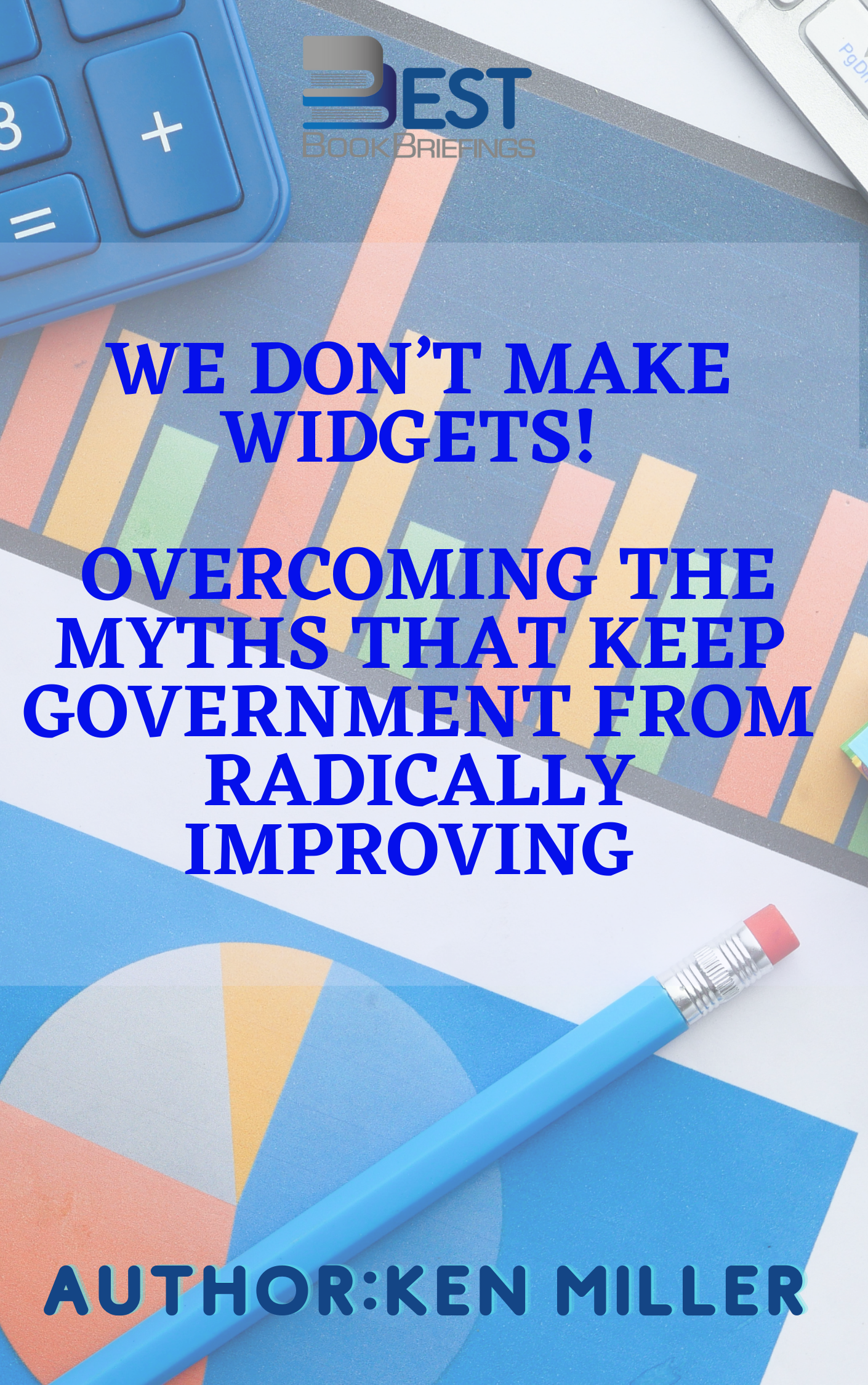
What we believe about government—that we don’t make widgets, that we don’t have customers, and that we’re not here to make a profit—all feed the bigger myth: that we’re different. We Don’t Make Widgets explodes the myths that prevent dramatic improvement in government operations. The aim of this book is to

Over the course of the past ten years, the field of artificial intelligence has seen a revolutionary amount of progress. A steadily increasing number of practical applications are already changing the world today. In the field of medicine, diagnostic AI applications are capable of matching or even surpassing the best doctors in the world. One

